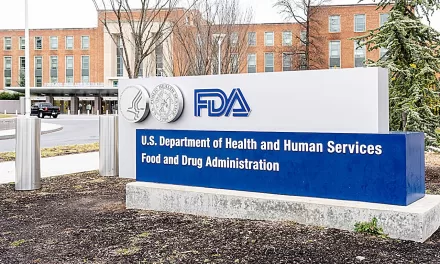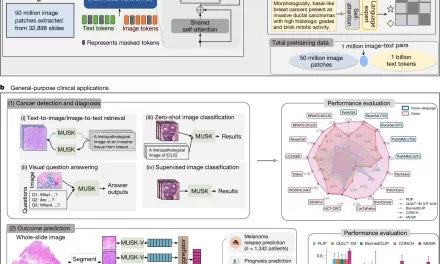
The Seventy-sixth Session of the WHO Regional Committee for South-East Asia concluded today, with health ministers and senior delegates from Member countries reaffirming their dedication to sustaining and expanding the progress achieved in promoting the health and well-being of over 2 billion people in the Region.
Member countries discussed strategies to enhance comprehensive measures for preventing and controlling cardiovascular disease, eliminating neglected tropical diseases, strengthening regional health security, and advocating for data-informed policymaking to advance universal health coverage, all grounded in a robust foundation of primary health care.
Dr. Khetrapal Singh, the Regional Director, emphasized that addressing the complex drivers of disease requires action on multiple fronts, extending beyond the scope of the formal health sector. These challenges are not just technical, but also political. To lead the pivotal conversation in public health in this Region, collaboration with influential stakeholders capable of driving real change is essential.
Member countries reiterated their commitment to prioritize ambitious yet attainable milestones to escalate the control and management of cardiovascular diseases through the acceleration of the South-East Asia HEARTS (SEAHEARTS) initiative. This initiative advocates for measures like tobacco control, salt reduction, and the elimination of industrially produced trans-fatty acids to comprehensively reduce cardiovascular disease risk factors. It also emphasizes the scaling up of protocol-based management of hypertension and diabetes at the primary health care level. Cardiovascular disease accounts for an estimated 3.9 million deaths in the Region annually.
Countries underscored the importance of developing country-specific roadmaps with clear benchmarks to expedite the implementation of SEAHEARTS. This includes strengthening political commitment, enhancing health system capacity, and ensuring accountability through timely and reliable data sharing.
Recognizing the criticality of reinforcing health emergency preparedness and response capabilities, countries agreed to further bolster health system resilience and human resources capacity in alignment with regional strategic roadmaps. This entails developing evidence- and risk-informed national action plans on health security with engagement from all sectors of government and society, in line with comprehensive primary health care.
Member countries affirmed their commitment to fortify health emergency preparedness and response capacities guided by two regional roadmaps: the ‘Regional Strategic Roadmap on health security and health system resilience for emergencies 2023–2027’ and the ‘South-East Asia Regional Roadmap for Diagnostic Preparedness, Integrated Laboratory Networking and Genomic Surveillance 2023–2027’. WHO will continue to provide technical support to Member countries in strengthening International Health Regulation core capacities and implementing the National Action Plan for Health Security.
Enhanced integrated health information platforms, leveraging emerging technologies, cross-sectoral partnerships, and data analytics, were highlighted as essential for monitoring and delivering quality health services to improve outcomes. Recognizing the pivotal role of a robust data architecture in evidence-driven policy development, delegates deliberated on establishing shared integrated platforms to facilitate data utilization for risk assessment, resource allocation, progress tracking, intervention evaluation, and evidence-based decision-making for policy and program design. Member countries discussed strategic investments to establish a resilient data architecture, robust data-sharing policies, and effective data governance mechanisms.
Key highlights of the four-day Regional Committee meeting included the nomination of Ms. Saima Wazed as the next Regional Director of WHO South-East Asia Region.
The Member countries endorsed the Delhi Declaration for Strengthening Primary Health Care as a crucial step towards achieving universal health coverage. The Regional Committee committed to prioritizing investments in strengthening primary health care, which will accelerate progress towards achieving health for all and contribute to the realization of health-related sustainable development goals, health security, and equity in health systems. This includes establishing multidisciplinary, patient-centered primary health care teams, ensuring uninterrupted access to quality and affordable medicines, and optimizing the use of available resources, innovative technologies, and data to enhance access, improve health service delivery, and monitor performance.
Five Member countries were commended for six notable public health achievements: Bangladesh for eliminating visceral leishmaniasis (kala-azar) and lymphatic filariasis as public health concerns, Maldives for interrupting leprosy transmission, and Bhutan, DPR Korea, and Timor-Leste for successfully eliminating rubella.
The Regional Committee passed a resolution expressing gratitude for the leadership, vision, and contributions of Dr. Poonam Khetrapal Singh to the health and well-being of the people in the Region, and declared her as Regional Director Emeritus, effective from 1 February 2024.











